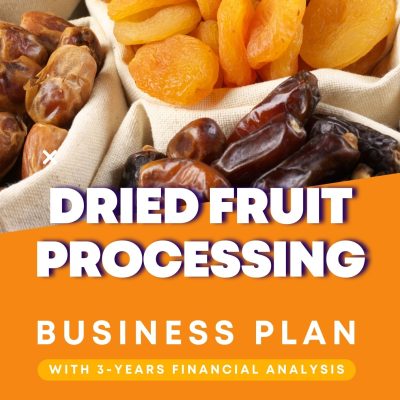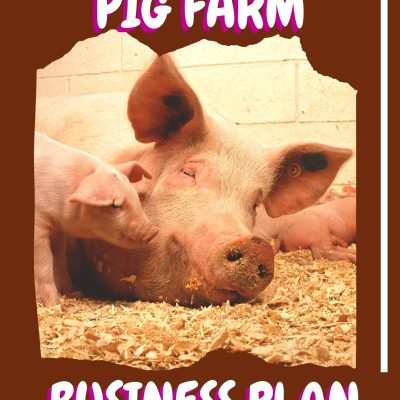Cassava and maize farming are very important in Nigeria and Africa, providing food, income, and jobs for many people. In Nigeria, cassava is a major crop, with the country being the world’s largest producer, making over 59 million tons each year. Cassava is not only eaten directly but is also used in making products like flour, starch, and ethanol. It grows well in Nigeria’s tropical climate and can thrive in poor soil conditions. The Nigerian government supports cassava farming to boost food security and economic growth.
Maize is another key crop in Nigeria and across Africa. Nigeria produces about 12.7 million tons of maize annually. Maize is a staple food used in various dishes and as animal feed. It also has industrial uses, such as in making flour and oil. Maize farming provides livelihoods for millions of smallholder farmers and contributes to rural development. Maize grows well in different climates, making it a reliable source of food and income.
In Africa, both cassava and maize are crucial for feeding people and supporting economies. Africa produces about 60% of the world’s cassava, with Nigeria, Democratic Republic of Congo, and Ghana leading the way. The continent also produces around 85 million tons of maize each year, with South Africa, Nigeria, and Ethiopia being the top producers. These crops help fight food insecurity, providing food for over 800 million people. They are also important for trade within Africa, helping economies grow stronger.
This project focuses on cultivating these crops on a 28 hectares (70-acre) land parcel to supply raw materials for processing and other market demands.
Click the ADD TO CART button to purchase a copy NOW.



